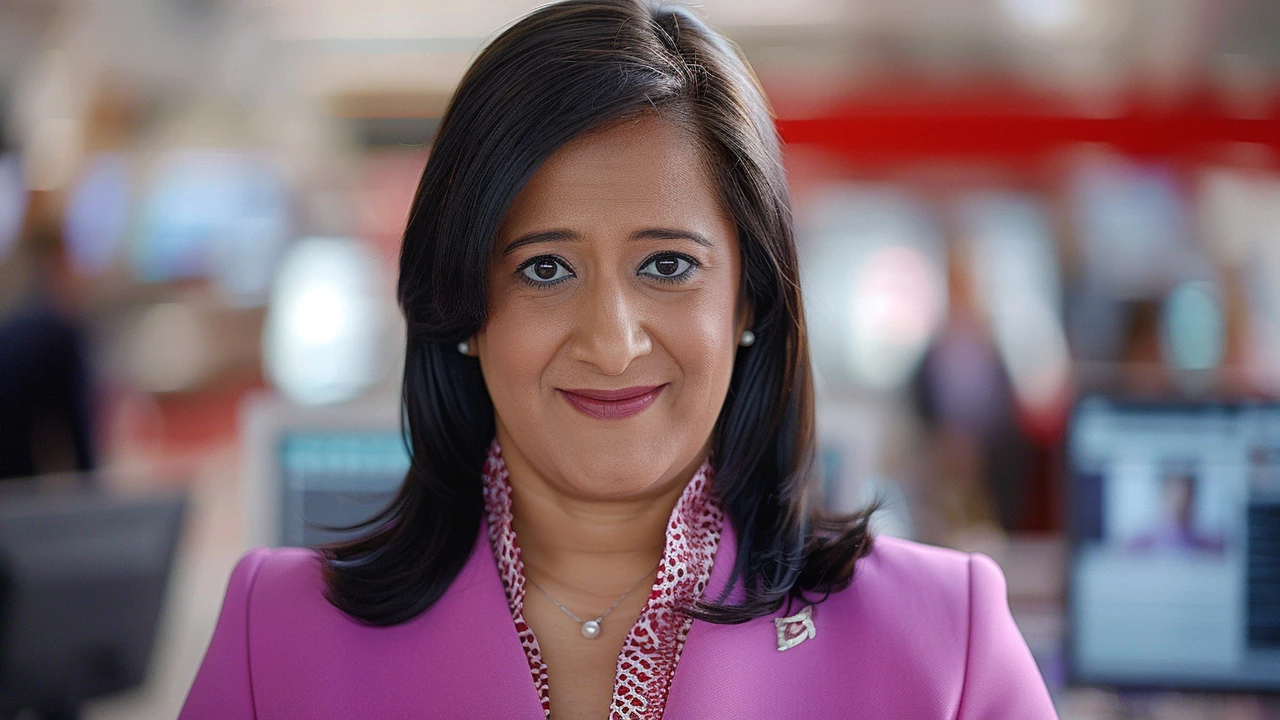BBC Geeta Guru-Murthy Apology: What Went Down and Why It Matters
Hey there, motorsports fans and news junkies alike – you might think this archive is all about fast cars, but sometimes the headlines spin in a different direction. In May 2024, BBC’s Geeta Guru‑Murthy found herself in hot water after a comment about Nigel Farage’s language at a Reform UK event. She ended up issuing a public apology. Let’s break down the story, the fallout, and what it says about media impartiality.
The Incident: A Slip of the Tongue
During a live segment, Geeta called out Farage for using a phrase that many consider offensive. She didn’t just note it – she labeled it as “problematic.” The BBC’s own impartiality guidelines say presenters must stay neutral, especially when covering political figures. By explicitly criticizing Farage, Geeta crossed that line.
Why the Apology Was Needed
The BBC quickly reviewed the clip and concluded the comment breached their standards. They asked Geeta to apologise, and she did – both on air and in a written statement. Her apology focused on the misstep, not the issue itself, which is how the BBC typically handles such matters. The goal was to reassure the audience that the network remains unbiased.
So, why does this matter to you? If you’re into motorsports, you know how much trust matters in any community. The same trust applies to news outlets. When a presenter appears to take sides, viewers might doubt the accuracy of everything else they hear.
In response, other media watchdogs jumped in. Some argued the apology was too soft, while others said the BBC overreacted. The debate highlighted a bigger conversation: how do we keep journalists fair without stifling honest commentary?
For fans who follow both racing and current events, this episode offers a reminder to stay critical. Just because a news anchor says something doesn’t make it a fact. Look for multiple sources, especially when the story involves politics or hot‑button issues.
Meanwhile, the BBC pledged to tighten training for its staff. New briefing sessions on impartiality are now part of the routine. The network hopes that by reinforcing the rules, future slip‑ups will be avoided.
What about Nigel Farage’s side? He accepted the apology but didn’t comment further. His team reiterated that he always stands by his words, and the incident won’t change his stance on language or policy.
Overall, the episode shows how a single comment can ripple across a nation’s media landscape. It also proves that even seasoned journalists can misjudge the line between reporting and personal opinion.
If you’re curious about how impartiality rules work, think of it like a racing rulebook. Everyone follows it to keep the competition fair. Break a rule, and you get a penalty – in this case, a public apology instead of a grid drop.
Bottom line: stay tuned, question what you hear, and remember that even trusted voices can slip. That’s why we’re here to break it down in plain English, whether it’s about a broken rule on the track or a broken rule on TV.
